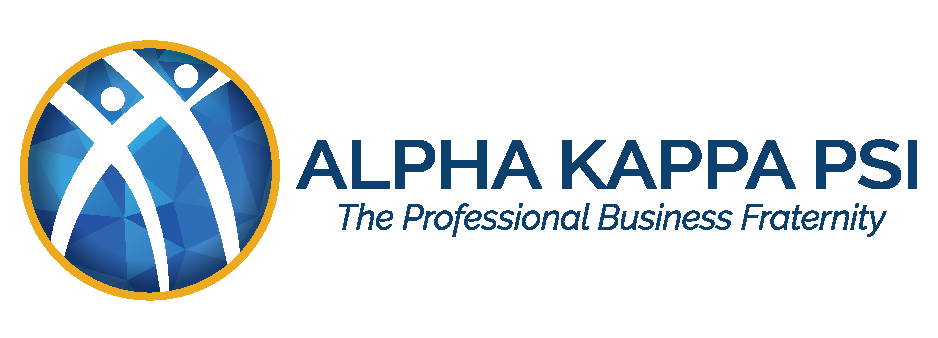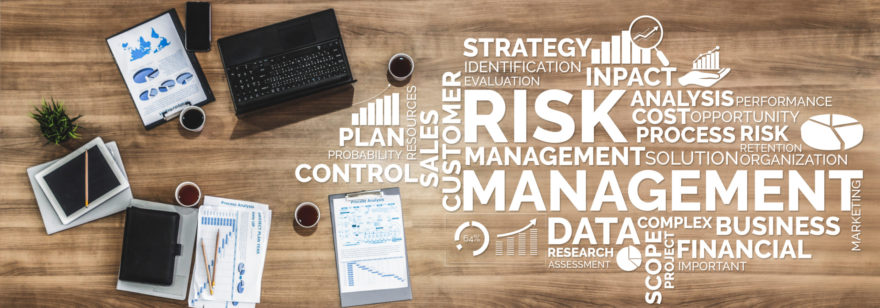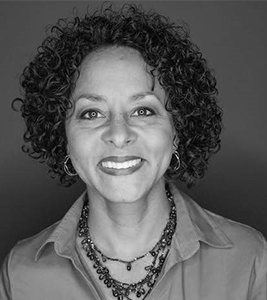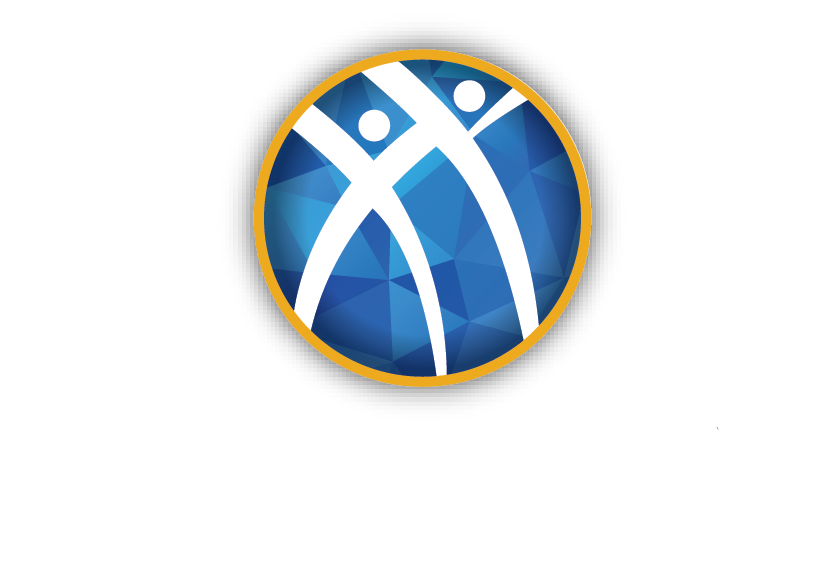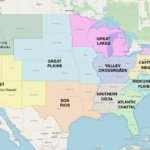There are few certainties in life. In fact, one might argue that the only certainty of life is uncertainty and the unpredictable nature of being is what defines the so-called human condition. While you can’t predict the ups and downs throughout our existence, you can still prepare for the unexpected. Managing risk can take many forms, whether it’s keeping our jobs secure, maintaining healthy friendships, or ensuring the care of our families.
Risk Management in Professional Life
Risk reduction in the business world requires the confidence to act when we know a risk exists. We want to project a sense of conviction and self-assurance to our coworkers and supervisors. Unfortunately, many of us still struggle with workplace anxiety. A recent study performed by the Boston College Working Project found that the majority of subjects interviewed felt nervous about their job security. They reported feeling “untethered,” and majorly concerned about losing their position or disrupting their career. Even if employee fears are unsubstantiated, the worry is real. A study by Anxiety and Depression Association of America found that 56 percent of people say their job is negatively impacted by stress, and the Center for Disease Control found that these feelings can lead to a 35 percent reduction in cognitive performance.
Managing these feelings of stress is all about remaining positive and pragmatic. While worrying is wasted energy, there are some actionable steps you can take to feel more confident and secure in your career. You might consider:
- Requesting routine job performance one-on-ones to ensure you’re meeting metrics
- Making a detailed list of workplace goals and documenting your progress
- Watching webinars or taking classes to learn new skills as career development
- Applying for promotions and career advancements
- Speaking with a mental health professional or at-work human resources counselor
Regardless of what steps you take, believing in yourself and trusting your abilities is a great start. Once that workplace anxiety begins to melt away, you can address other areas of risk in your personal life.
Risk Management with Friends
One of the biggest parts of managing risk within your friend group is setting reasonable boundaries. We turn to our social circle for to have fun, receive advice in tough situations, and to generally feel validated in our emotions. In turn, friends will often reach out to you for the same. But when the balance feels off, or one of you is consuming an uneven amount of emotional energy from the other, it can start to feel unhealthy.
No one likes having a difficult conversation with a friend, but honest communication is the hallmark of any good relationship. You may, for example, feel like a friend is demanding too much of your time. While you care deeply for the individual, there is a limit to how much emotional energy or labor you can provide. In an interview with the New Yorker, anthropologist Robin Dunbar said, ““The amount of social capital you have is pretty fixed. It involves time investment. If you garner connections with more people, you end up distributing your fixed amount of social capital more thinly so the average capital per person is lower.”
The important thing to do here is to acknowledge your own feelings and share them openly and clearly with your friend. You might frame your feelings in terms of actionable steps, such as “I can’t talk while I’m at work,” or “I don’t want any unexpected visitors dropping by.” Whatever it is that is bothering you, speak to them sincerely. If they’re a friend worth keeping, they’ll be happy to meet your needs.
Risk Management with Family
Whether you have a partner and children, or just want to ensure your parents are taken care of as they age, risk management with family is about creating stability. This includes more than just emotional stability, such as tangible planning through finances and insurance coverage.
For young professionals, it may seem a little early, or even overwhelming, to start planning for your family’s future. However, preparing for the unexpected is of vital importance for your loved ones. According to Social Security Administration statistics, 3 out of 10 Americans who enter the workforce will face disability before retirement. If something like this happens, or even something more serious, you mitigate the risk for your family by practicing good financial health, such as:
- Acquiring life insurance
- Acquiring disability insurance
- Contributing to a 401(k)
- Opening trusts or IRAs
Risk management may seem like a fancy word for anxiety, but it’s more about being practical and planning ahead. By maintaining a sense of job security, defining your relationships with friends, and planning financially for your family, you can live much more freely knowing that you’re protected from the risk of the great unknown.
